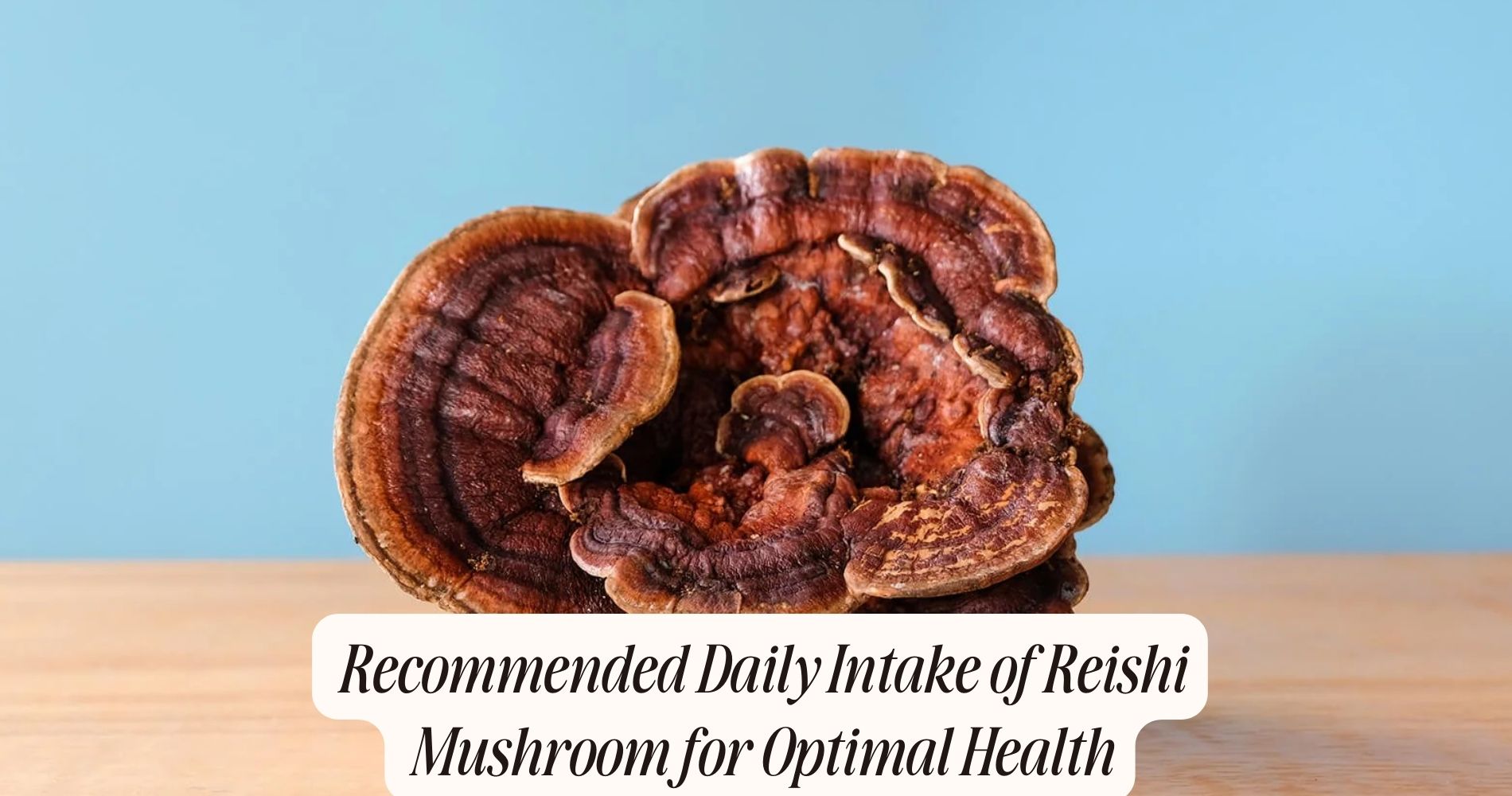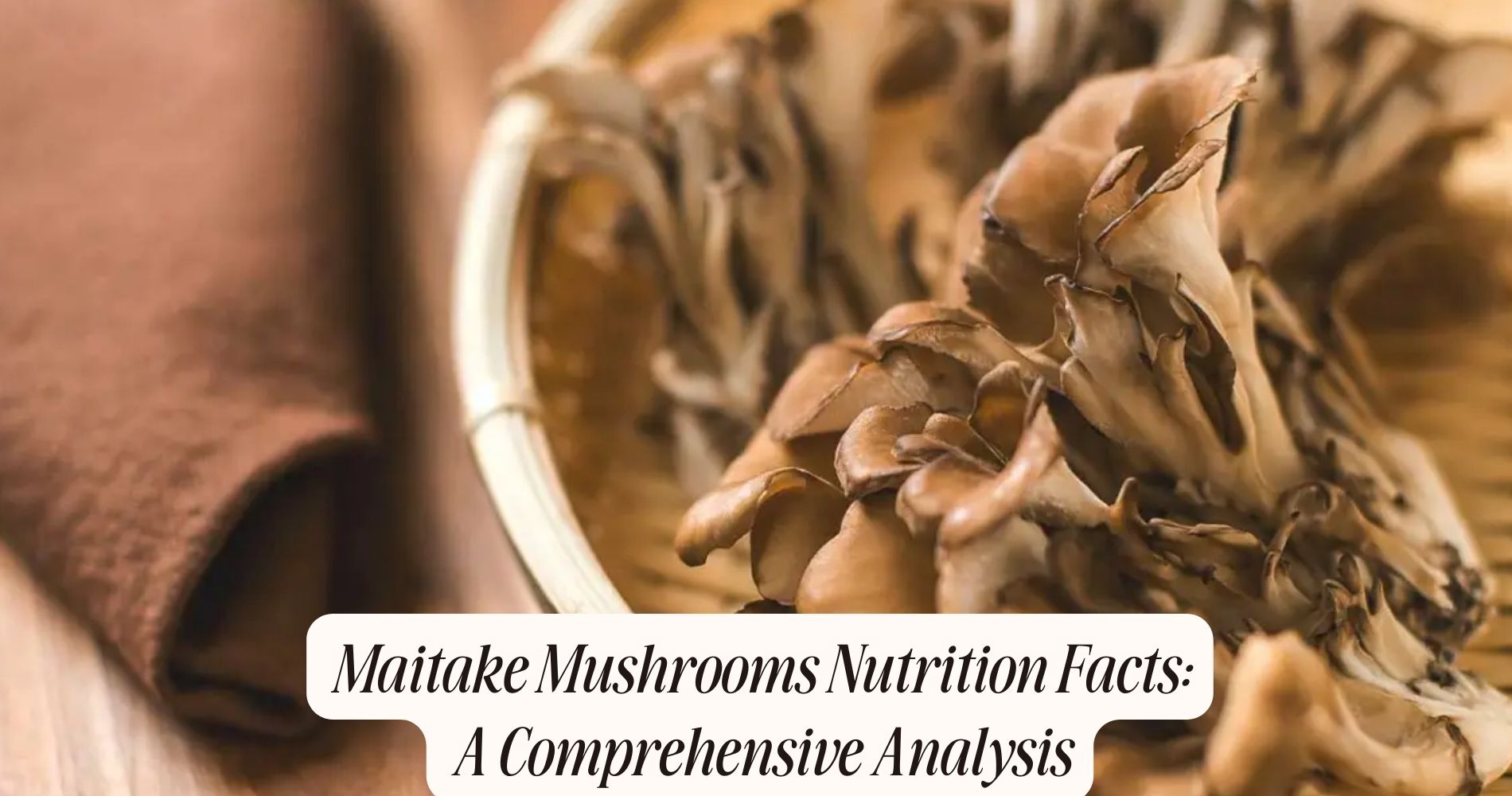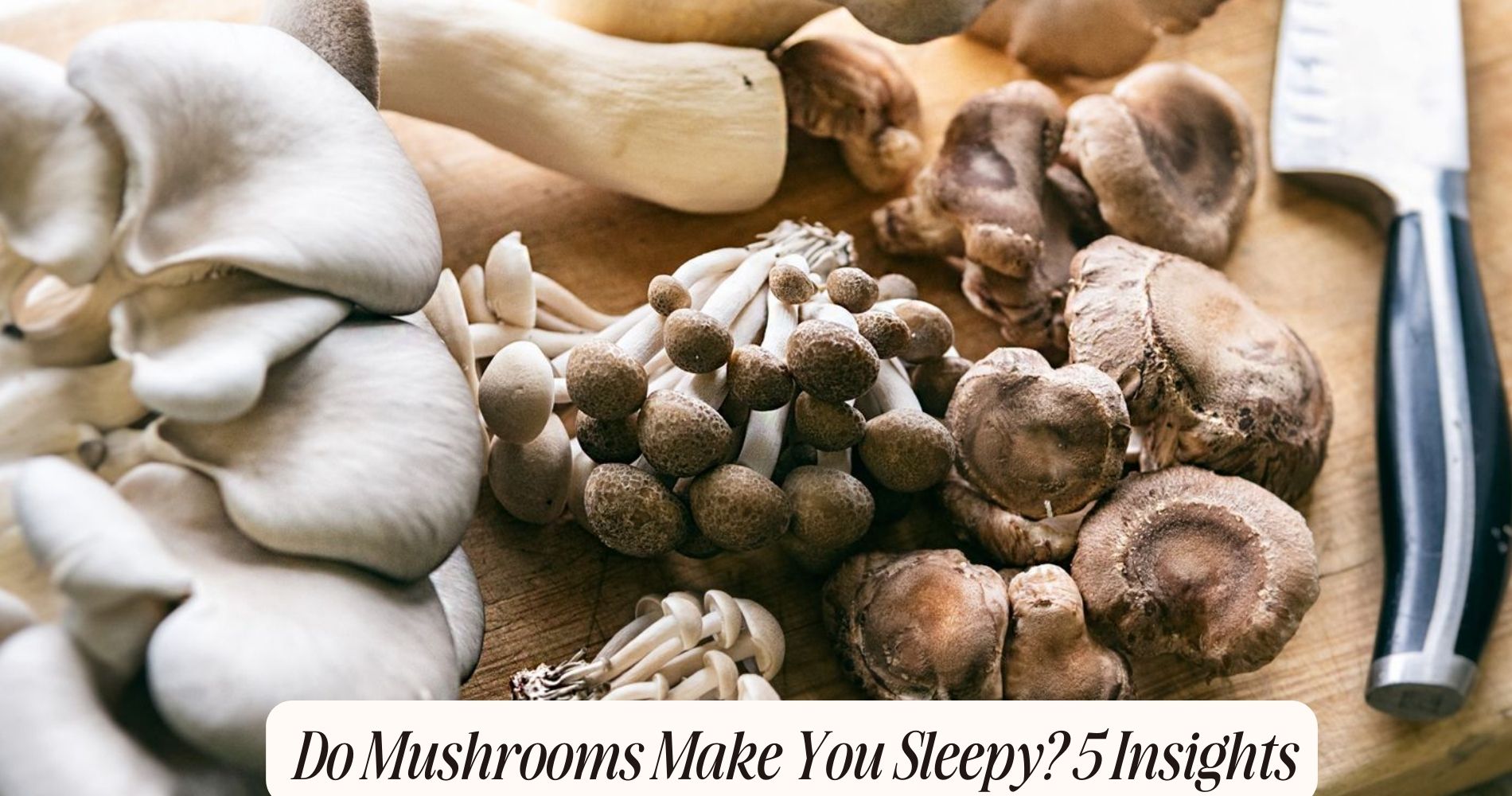
Recommended Daily Intake of Reishi Mushroom for Optimal Health
Health Benefits
Reishi mushrooms, known for their potent bioactive compounds, offer a range of health benefits supported by scientific research. These benefits include enhancing immune support and reducing stress.
When it comes to immune support, reishi mushrooms contain polysaccharides and triterpenoids, which have been shown to modulate the immune system. Studies indicate that these compounds can increase the activity of natural killer cells and T-cells, essential for defending your body against pathogens.
In addition to immune support, reishi mushrooms are effective in stress reduction. They contain adaptogens that help your body manage stress more efficiently. Research shows that these adaptogens can lower cortisol levels, the hormone responsible for stress. By reducing cortisol, reishi mushrooms help you achieve a balanced mood and improve overall well-being.

For the best results, incorporating reishi mushrooms into your daily routine can provide both immune support and stress reduction. While more research is needed to fully understand all the benefits, current findings are promising. With its scientifically backed health advantages, reishi mushrooms can be a valuable addition to your wellness regimen.
Types of Reishi Supplements
To harness the health benefits of reishi mushrooms effectively, it's important to understand the various types of reishi supplements available on the market. Reishi supplements come primarily in two forms: capsule varieties and extract options. Each type offers unique advantages and can suit different preferences and needs.
Capsule varieties are convenient and easy to incorporate into your routine. They often contain powdered reishi mushroom, providing a straightforward way to consume the mushroom without any preparation. Capsules guarantee precise dosing, which can be essential for achieving consistent health benefits. Additionally, they're often combined with other beneficial ingredients to enhance their overall efficacy.
Extract options, on the other hand, are typically more concentrated than capsules. These extracts can come as tinctures, powders, or liquid forms. They're made by extracting the active compounds from reishi mushrooms, resulting in a potent product that may offer more immediate effects. Extracts are versatile and can be added to water, tea, or smoothies, allowing for flexibility in consumption.
Both capsule varieties and extract options have their place in a well-rounded health regimen. Understanding these forms will help you make an informed decision based on your lifestyle and health goals.
Standard Dosage Guidelines
Determining the right dosage for reishi mushroom supplements is important to maximize their health benefits while minimizing potential side effects. Traditionally, reishi mushrooms have been used in various forms, including teas, tinctures, and powders. Modern cultivation methods have made it easier to standardize dosages, ensuring you get a consistent and effective amount.
For general health maintenance, a daily intake of 1.5 to 9 grams of dried reishi mushroom is commonly recommended. This range is based on traditional usage practices and supported by contemporary studies. If you prefer extracts, a typical dosage is 1 to 1.5 grams per day, as extracts are more concentrated. Always check the product label for specific instructions, as potency can vary.

When considering reishi supplements, it's important to start with a lower dose and gradually increase it. This helps your body adjust and reduces the risk of adverse reactions. Powdered forms can be mixed into smoothies or teas, while capsules and tinctures offer convenient alternatives.
Consistency is key, so whichever form you choose, make sure to take it regularly to experience its full benefits.
Understanding these standard dosage guidelines will help you incorporate reishi mushroom into your routine safely and effectively.
Factors Affecting Dosage
When determining the appropriate dosage of Reishi mushroom, consider your individual health conditions, as they can greatly influence the required amount.
The form of the supplement, whether it's a powder, capsule, or extract, also plays an important role in dosage decisions.
Additionally, expert recommendations provide valuable guidance tailored to different needs and scenarios.
Individual Health Conditions
Individual health conditions greatly influence the appropriate dosage of Reishi mushroom supplements. If you're dealing with chronic conditions like hypertension, diabetes, or autoimmune disorders, you might require a different dosage compared to someone in good health.
Reishi mushrooms have properties that can aid in immune support, helping to regulate and enhance your body's defense mechanisms. However, the impact on your immune system can vary based on your specific health needs.
For instance, individuals with compromised immune systems may benefit from higher doses to bolster their immune response. On the other hand, those with autoimmune conditions might need to be cautious, as Reishi can stimulate immune activity, potentially exacerbating symptoms.
Consulting with a healthcare provider is essential to tailor the dosage to your unique health profile.
Additionally, if you're on medications for chronic conditions, interactions with Reishi supplements could influence the effectiveness and safety of both. It's important to discuss your current medications and health status with a professional to determine the best dosage.
Supplement Form Variations
The form in which you take Reishi mushroom supplements—whether as capsules, powders, tinctures, or teas—significantly impacts the appropriate dosage and absorption rate. When you opt for the powder form, you generally have more flexibility in adjusting the dose, as it can be easily measured and mixed into various foods or beverages. Powders are often more concentrated, necessitating a smaller quantity to achieve the desired effect. However, the taste might be a consideration, as it can be quite bitter.
On the other hand, the capsule form offers convenience and consistency. Each capsule contains a pre-measured dose, ensuring you get the exact amount every time. This form is particularly useful if you're concerned about maintaining a precise intake without the hassle of measuring. Additionally, capsules mask the bitter taste of Reishi mushroom, making it easier to consume regularly.

Tinctures and teas also have their own absorption rates and dosages to take into account. Tinctures, being alcohol-based extracts, are absorbed quickly but mightn't be suitable for everyone. Teas provide a more traditional method but often require larger quantities to match the potency found in capsules or powders.
Choosing the right form depends on your lifestyle, taste preferences, and specific health needs.
Expert Recommendations
Experts recommend tailoring your Reishi mushroom dosage based on factors such as your age, health condition, and specific wellness goals. Historically, Reishi has been used in traditional Chinese medicine for thousands of years. Its traditional use involved preparing teas and tinctures, often adjusted for individual needs.
Your age plays an essential role in determining the right dosage. Younger individuals may require lower doses, while older adults might benefit from higher amounts to support immune function and overall health. If you have specific health conditions, such as hypertension or autoimmune disorders, you should consult a healthcare provider. They can provide precise recommendations tailored to your medical history.
Additionally, your wellness goals profoundly affect the dosage. If you're looking to boost general immunity, a lower dose might suffice. For more targeted benefits, like reducing stress or improving sleep, higher doses could be more effective.
In the historical context, dosages varied widely. Ancient practitioners used their knowledge and observations to personalize treatments. Today, modern research supports this individualized approach. Clinical studies suggest dosages ranging from 1.5 to 9 grams per day, depending on the intended health benefits.
Dosage for Specific Conditions
When using Reishi mushroom for specific conditions, it's important to follow tailored dosage guidelines to maximize its health benefits. For immune support, studies suggest a daily intake of 1.5 to 9 grams of dried Reishi mushroom extract. This dosage range has been shown to enhance immune function by increasing the activity of natural killer cells and T-lymphocytes, which play vital roles in the body's defense mechanisms.
This dosage range has been shown to enhance immune function by increasing the activity of natural killer cells and T-lymphocytes, which play vital roles in the body's defense mechanisms.
If you're targeting liver health, the recommended dosage might differ. Research indicates that 3 to 6 grams of Reishi mushroom extract per day can greatly benefit liver function. This dosage has been found to reduce liver enzyme levels, indicating less liver stress and improved overall liver health.
Always remember, the effectiveness of Reishi mushroom can vary based on the form you choose—whether it's a dried extract, tincture, or capsule. It's best to follow the dosage instructions specific to the product you're using.
Consulting a healthcare provider for personalized advice can further ensure that you're taking the right amount for your particular health needs. By adhering to these guidelines, you can make the most of Reishi mushroom's therapeutic properties.
Potential Side Effects
Despite its many health benefits, Reishi mushroom can cause potential side effects you should be aware of. One of the most common issues is allergic reactions. Symptoms might include skin rashes, itching, or even respiratory problems like shortness of breath. If you experience any of these symptoms, it's important to stop taking the supplement and consult a healthcare professional immediately.
Another vital aspect to take into account is drug interactions. Reishi mushroom can interact with certain medications, potentially altering their effectiveness or causing adverse effects. For example, if you're on blood-thinning medications such as warfarin, Reishi might increase the risk of bleeding. Similarly, it could affect blood sugar levels, posing a risk for those taking diabetes medications. Always consult your healthcare provider before adding Reishi to your regimen, especially if you're on prescription drugs.

While side effects are generally rare and mild, being informed helps you make safer choices. Monitoring your body's response and consulting with healthcare professionals can mitigate these risks. Stay vigilant, and you'll be better positioned to enjoy the health benefits Reishi mushroom offers without compromising your well-being.
Tips for Safe Consumption
To safely consume reishi mushrooms, you should follow proper dosage guidelines and be aware of potential side effects. Start with a low dose to monitor your body's reaction and consult a healthcare professional for personalized advice.
Proper Dosage Guidelines
Determining the right dosage of Reishi mushroom is crucial for guaranteeing both effectiveness and safety. For daily consumption, most studies recommend a dosage of 1.5 to 9 grams of dried Reishi mushroom or its equivalent in extract form. To guarantee dosage accuracy, always follow the instructions on the product label and consult with a healthcare provider.
When starting out, it's advisable to begin with the lower end of the dosage range to monitor how your body reacts. Gradually increasing the dose can help you find the ideal amount that works for you without overloading your system. For example, you might start with 1.5 grams per day for a week and then adjust upwards if needed.
Using a standardized extract can also help with dosage accuracy. These extracts are often more concentrated, meaning you'll need a smaller amount to achieve the same benefits as the dried mushroom. Typically, 1 gram of a 10:1 extract is equivalent to 10 grams of the dried mushroom.
Potential Side Effects
While Reishi mushrooms are generally considered safe, there are potential side effects you should be mindful of to ensure safe consumption. One major concern is liver toxicity. Some studies have reported that long-term use of Reishi mushrooms, especially in powdered form, could lead to liver damage. To mitigate this risk, it's important to adhere to recommended dosages and avoid prolonged use without medical supervision.
Another aspect to take into account is the immune response. Reishi mushrooms are known to modulate the immune system, which can be beneficial for many. However, if you have an autoimmune condition, this modulation might exacerbate your symptoms. Always consult your healthcare provider before incorporating Reishi into your regimen, especially if you're dealing with immune-related issues.
Additionally, some individuals may experience mild side effects like dry mouth, throat irritation, or digestive issues. These are typically not severe but can be bothersome. If you notice any of these symptoms, reducing the dosage or discontinuing use might help.
Experience the Benefits of 10-IN-1 MUSHROOM GUMMIES by Well Gummies
For those wondering how much reishi mushroom per day is right for them, Well Gummies offers a convenient solution. Our 10-IN-1 MUSHROOM GUMMIES are easy to use and packed with 10 functional mushrooms, including reishi mushroom. These vegan gummies fuel your brain and energize your body naturally, delivering calmer energy, sharper focus, and immune support for a balanced body and clear mind.
With a delicious fresh wild berry taste, as enjoyable as your favorite candy, you can enjoy the benefits without any jitters or crash. Shine all day with Well Gummies, the perfect addition to your daily wellness routine.
Frequently Asked Questions
How Should Reishi Mushrooms Be Stored to Maintain Their Potency?
To maintain reishi mushrooms' potency, store them in airtight storage containers in a cool, dry place. This extends their shelf life and prevents moisture and light from degrading their beneficial compounds. Regularly check for any signs of spoilage.
Can Reishi Mushrooms Interact With Other Supplements or Medications?
Yes, reishi mushrooms can interact with other supplements or medications, potentially causing side effects. Always consult your healthcare provider to understand potential interactions and guarantee safe, effective use of reishi alongside other treatments.
Are There Any Reputable Brands Known for High-Quality Reishi Supplements?
You should consider brands like Host Defense and Real Mushrooms. They have great brand reputations and prioritize ingredient sourcing. Always check for third-party testing to make sure you're getting high-quality reishi supplements.
What Is the Best Time of Day to Take Reishi Mushrooms for Maximum Benefit?
For maximum benefit, take reishi mushrooms in the evening. Studies suggest they enhance sleep improvement and stress reduction, helping you unwind. Consuming them before bed maximizes their calming effects, supporting better rest and relaxation.
How Can I Tell if a Reishi Supplement Is Authentic and Pure?
To determine if a reishi supplement is authentic and pure, check the company's sourcing practices and look for third-party testing certifications. These validations guarantee the supplement's quality, potency, and absence of contaminants.
Conclusion
To reap the health benefits of reishi mushrooms, follow the standard dosage guidelines and adjust based on individual needs and conditions. Always consider factors like age, health status, and specific health goals.
Be mindful of potential side effects and consult with a healthcare professional before starting any new supplement. Prioritize safe consumption by choosing reputable brands and monitoring your body's response.
With informed choices, you can effectively incorporate reishi into your daily wellness routine.




